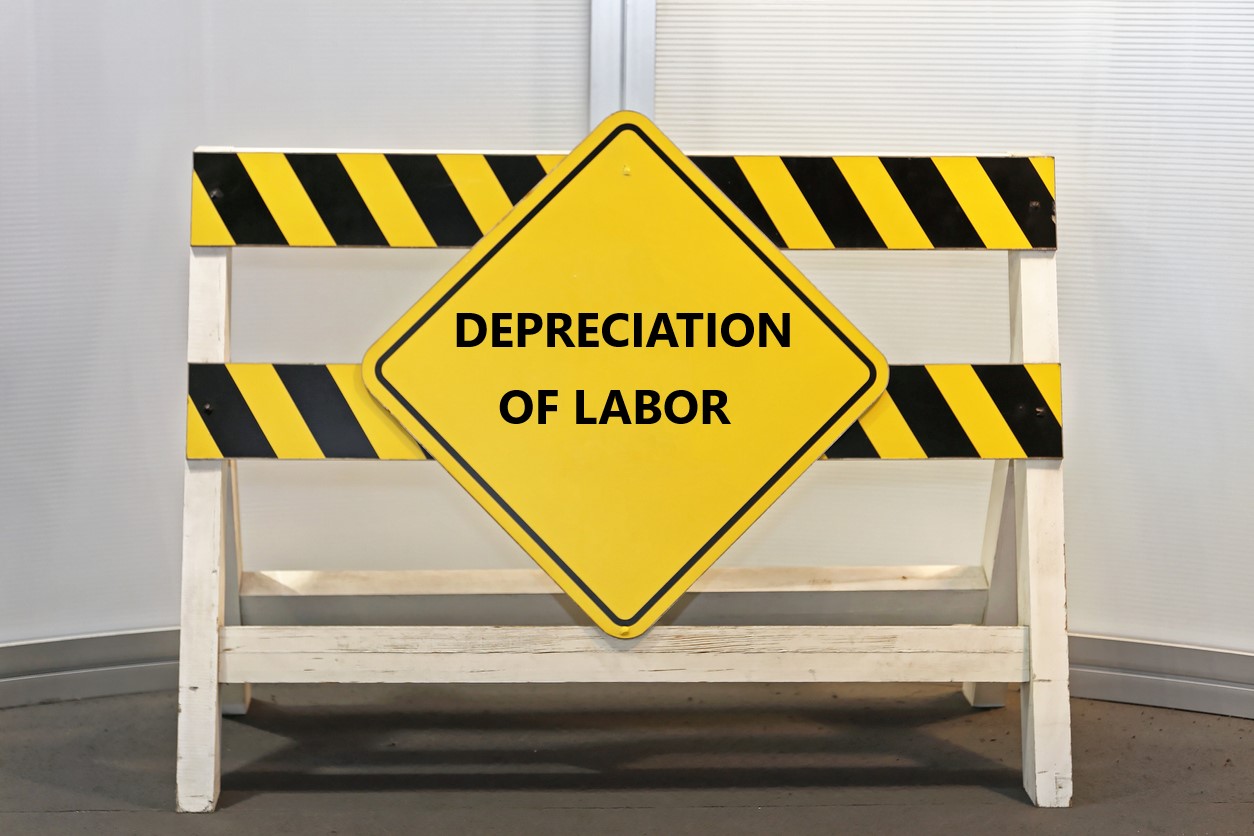After Hurricane Ike, many businesses had to cease their operations for until their damaged property was repaired. Fortunately, many had the appropriate insurance to cover their business losses. But even though many carried the appropriate amount of insurance, several struggled to obtain the full amount of the benefits they were owed. Insurers sometimes shortchange their customers by interpreting little-known policy language against the customer. Every now and then though, a policyholder challenges an insurer’s interpretation in court, and a judge determines which interpretation is correct.
An example involves an insured’s “period of restoration.” “Period of restoration” is generally tied to the business income loss portion of a policy, and it’s supposed to protect a business during the time it takes to restore a business. Tthe amount of coverage the insurer is obligated to pay depends on the policy’s language and the specific facts of the insurance claim.
I wrote earlier about Rimkus Consulting Group, Inc. v. Hartford Cas. Ins. Co., 552 F.Supp.2d 637 (2007), to explain how business income loss is determined. The “period of restoration” is discussed in the same case. After Hurricane Katrina, Rimkus was forced to close its New Orleans office. In addition to the various claims Rimkus made, Rimkus claimed that Hartford improperly denied its claim for expenses in securing new, permanent office space in New Orleans. Rimkus argued it was entitled to recover the amount of additional rent for a new office, which exceeded the rent it paid before Katrina. Hartford countered that the policy only covered extra expenses incurred during the period of restoration, and because the additional rent arose after that period, it was not covered under the policy.
The court noted that “an examination of the policy reveals that it provided coverage for extra expenses incurred during the period of restoration, the time between the occurrence of the covered cause of loss and the date upon which business is resumed at a new permanent location.” The court concluded that the period of restoration ended once Rimkus moved into its new, permanent office space in December 2005. The court determined that when Rimkus moved into its new offices, it effectively “terminated the period of restoration and Hartford’s liability for extra expenses.” Rimkus countered, arguing that it incurred the expense for additional rent when it signed the lease, which was before it moved into its new space.
The court found that the extra expense provision as a whole undermined Rimkus’ argument.
It is clear that Hartford is liable for extra expenses incurred to ‘avoid or minimize interruption of business’ and that extra expense provision is designed to cover the insured for temporary expenses related to continued business operations. The additional rental obligation for which Rimkus seeks reimbursement is not related to such temporary expenses but is rather a permanent expense of its new, permanent location.
In the end, the court concluded that Hartford was not liable for the increased rent of Rimkus’ new office space.
For more in-depth writing on the period of restoration, please see Michelle Caverol’s posts on the topic. These posts, as well as all of Michelle’s weekly posts on business interruption, are also available in her ebook, Business Interruption Claims.



